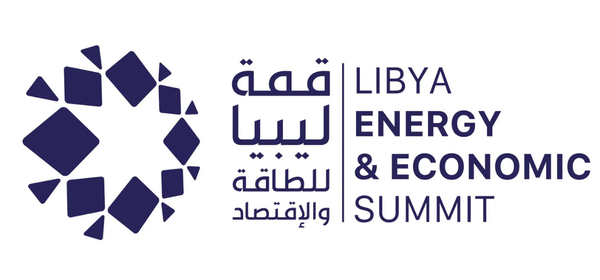PetroGas Explores with NOC Technology Solutions to Support Commitment to Zero Flaring by 2030 at LEES
)
PetroGas has committed to supporting the NOC to eliminating routine gas flaring by 2030 with its technology solution partners, aligning with Libya’s National Oil Corporation (NOC) strategy to reduce emissions and enhance sustainability. The company is deploying carbon capture and gas utilization technologies to transform associated gas into electricity and cleaner fuels.
During a panel session Revolutionizing the Industry: Libyan Companies Harnessing Technology for a Sustainable Energy Future at the Libya Energy & Economic Summit 2025 (LEES), Dr. Haitem Hassan Beck, Flare Mitigation and Decarbonization Offering Executive Director at PetroGas said, “The NOC will need to minimize flaring and reduce emissions completely by 2030. For example, we have developed technology to capture associated gas instead of flaring, using it to power fields and produce fuels.”
Sponsored by Petrogas and moderated by Danya Bashir Hobba, Executive Director at Arqaam Capital, the session brought together leading industry figures to discuss how technology and innovation can drive Libya’s energy transition.
Ahmed Ibraheem, Executive Director at Contango, highlighted the importance of operational efficiency. “Good maintenance has allowed us to increase production by 20%, preventing machinery breakdowns and shutdowns. With our team’s expertise, we’ve also identified gaps, such as transforming gas into liquid, and Libya has significant opportunities to deploy advanced technologies.”
On the renewable energy front, Mariam Elforgani, Program Components Manager at GIZ, stressed the need for stronger governmental support. “Libya has all the natural resources necessary for a sustainable energy future, but the government must increase budgets for renewables and invest in large-scale projects. A solar research center is already helping transfer knowledge and train engineers, but further investment in areas like green hydrogen production and exports is essential.”
Ibraheim Mejerissi, Managing Director at Wazen Oil Services, concluded, “With support from the Ministry of Oil and the NOC, we will strengthen local capacity and integrate advanced technologies. To ensure long-term success, we must bridge future skill gaps, increase automation and bring in international expertise.”

